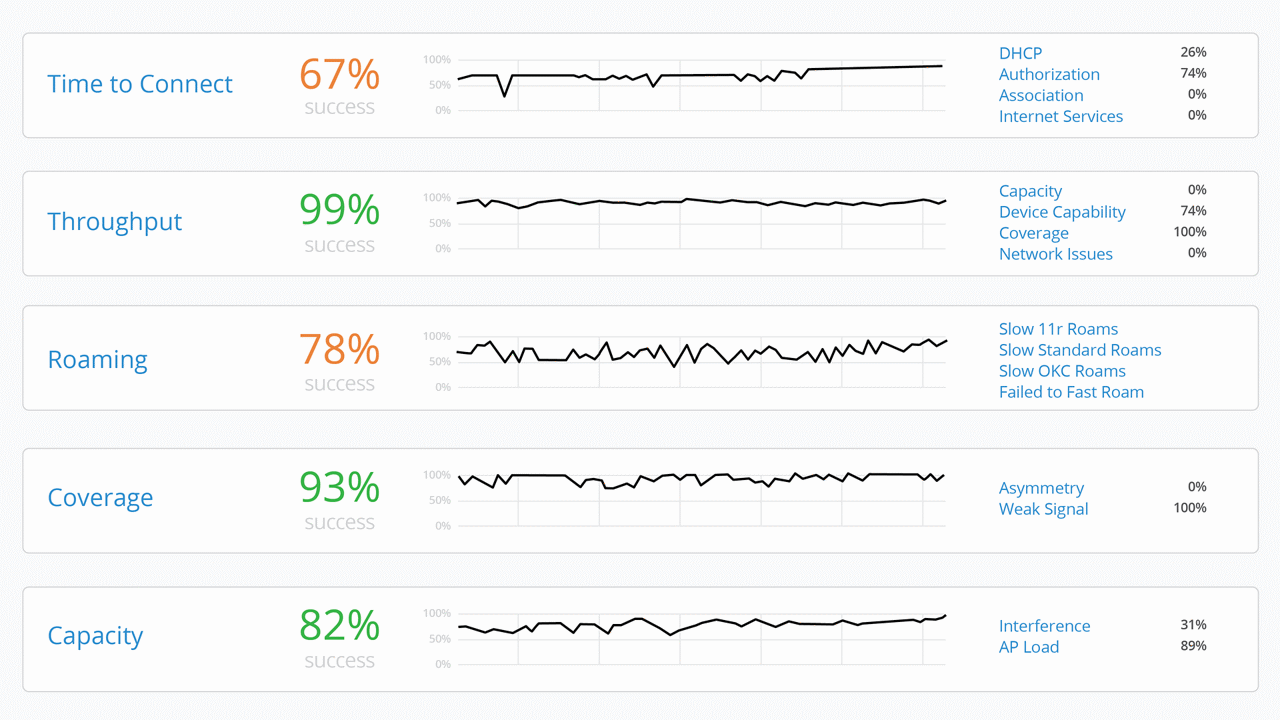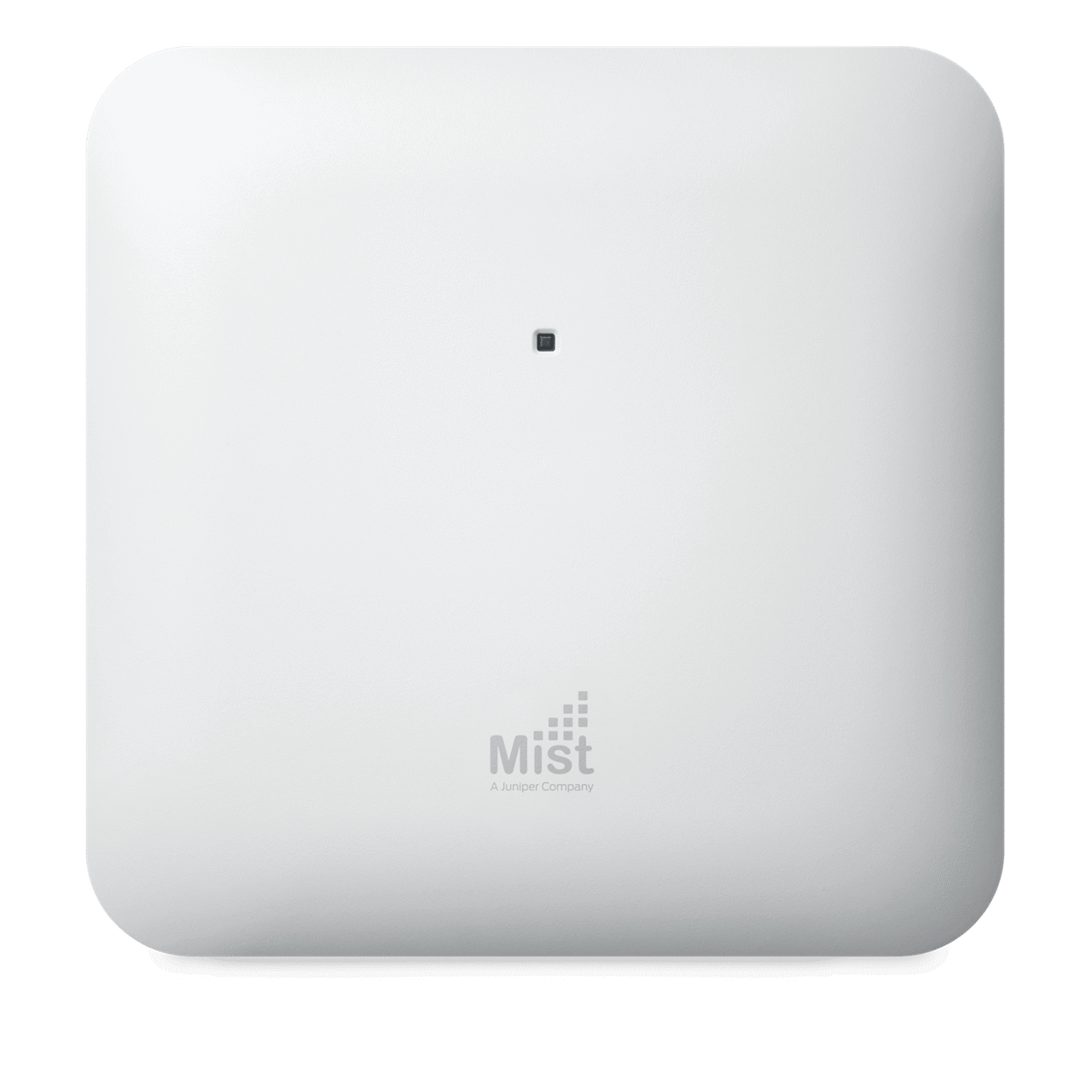Customer Success Story

The Orlando Veterans Administration (VA) Optimizes the Patient Experience with Mist
Veterans receive proper care through wireless with Mist AI. The U.S. Department of Veterans Affairs’ Orlando VA Medical Center (VAMC) serves more than 400,000 veterans across a brand-new 65-acre, 1.2 million square-foot facility. As a state-of-the-art medical center, the Orlando VAMC is constantly looking for innovative ways to leverage technology to deliver a high-touch experience to patients, guests, and staff.
Overview
| Company | Orlando VA |
| Industry | Healthcare |
| Products used | Wireless (Wi-Fi) Assurance, AP41, BT11 |
| Region | Americas |

320
Juniper BT11s
2500+
Juniper AP41s
Provided
Precise asset visibility and new digital mobile experiences
Automated
Internal operations for simple and reliable guest Wi-Fi
Meeting critical needs of guests and patients
The U.S. Department of Veterans Affairs (VA) Orlando VA Medical Center (VAMC) serves more than 400,000 veterans across their 65-acre, 1.2 million square-foot facility. As a state-of-the- art medical center, the Orlando VAMC is constantly looking for innovative ways to leverage high technology to deliver a high-touch experience for patients, guests, and staff. The wireless network is critical to meeting this objective. More specifically the wireless LAN (WLAN) enables the facility to deliver reliable guest Wi-Fi experience, personalize engagements for patients and accurate asset location (without a separate overlay system).
However, as the Orlando VAMC discovered, “traditional WLAN infrastructures could not do everything nicely and cleanly.” Overlay networks for location (based on battery beacons) are very costly to implement and manage, and older Wi-Fi technologies do not provide the accuracy and visibility needed for the facility’s location needs.

Getting real value from the Mist deployment
The Orlando VAMC decided to go with Juniper for its wireless needs. First, the center daisychained Juniper BT11 access points off its existing Cisco network. This set up a BLE overlay with minimal cabling augmentation. Then the VAMC began expanding its next-generation wireless network with Juniper AP41s, which combine Wi-Fi and virtual BLE (vBLE) together in a cost-effective, converged platform.
What started with a single site in Orlando has grown to now support over eight medical center campuses with 2900 Juniper access points deployed and 1400 more planned to be deployed in the near future. When done, the Orlando VAMC will end up with 4000 to 5000 Juniper APs across Florida and Georgia.
In addition, Juniper’s AI-driven Radio Resource Management (RRM) is solving issues in grueling Wi-Fi environments, such as garages, and it enables key troubleshooting tools, like event correlation and dynamic Packet Capture. This lowers OpEx through proactive monitoring and rapid fault isolation.
Also, Juniper’s AP41 Access Points have an integrated IoT port that has enabled several interesting use cases at the Orlando VAMC. Rather than implement another overlay system that nurses had to operate and IT had to manage, the Orlando VAMC leveraged the existing Juniper Mist platform to help deter patient elopement. They built an unobtrusive, hypoallergenic bracelet that residents could wear. When the patient approaches an exit, the Juniper Mist system can lock the doors and send a message to nurses with the exact patient location so they can come and assist. “This is done via the same infrastructure we are using for Wi-Fi and other location services, which makes it so special! You just can’t do this on traditional controller-based Wi-Fi solutions.”

See the AI solution in action
Sign up for a demo to see how the only AI-driven network solves complexity and delights users — all while saving time and money.
Experiencing a reliable Wi-Fi
The Orlando VAMC can also drill down into so key Wi-Fi metrics to monitor the user experience, like time to connect and AP status. “Within minutes, Juniper can tell me if I have a software issue across the network stack. With other solutions, it is hard to get that kind of info – if you can get it at all.”
“Imagine a small team trying to take care of up to 70 facilities with Wi-Fi. Juniper really helps reduce OpEx of running such a large system with AI-driven features like dynamic packet capture, event correlation, and the Marvis Virtual Network Assistant. For example, it used to take us three days to solve issues like a DHCP misconfiguration. With Juniper, it takes us just 30 minutes.”
The Orlando VAMC is committed to using the wireless network to deliver the best patient care. However, for the wireless infrastructure to be effective, it needs to be scalable and reliable, with location services that are easy to use out of the box so people won’t discard it. With Juniper’s AI-driven network, they found the perfect solution.

Published June 2021





